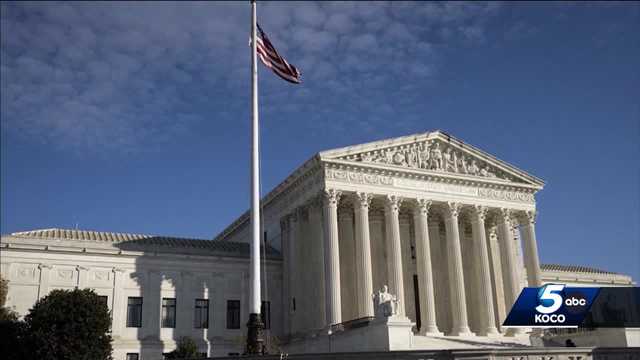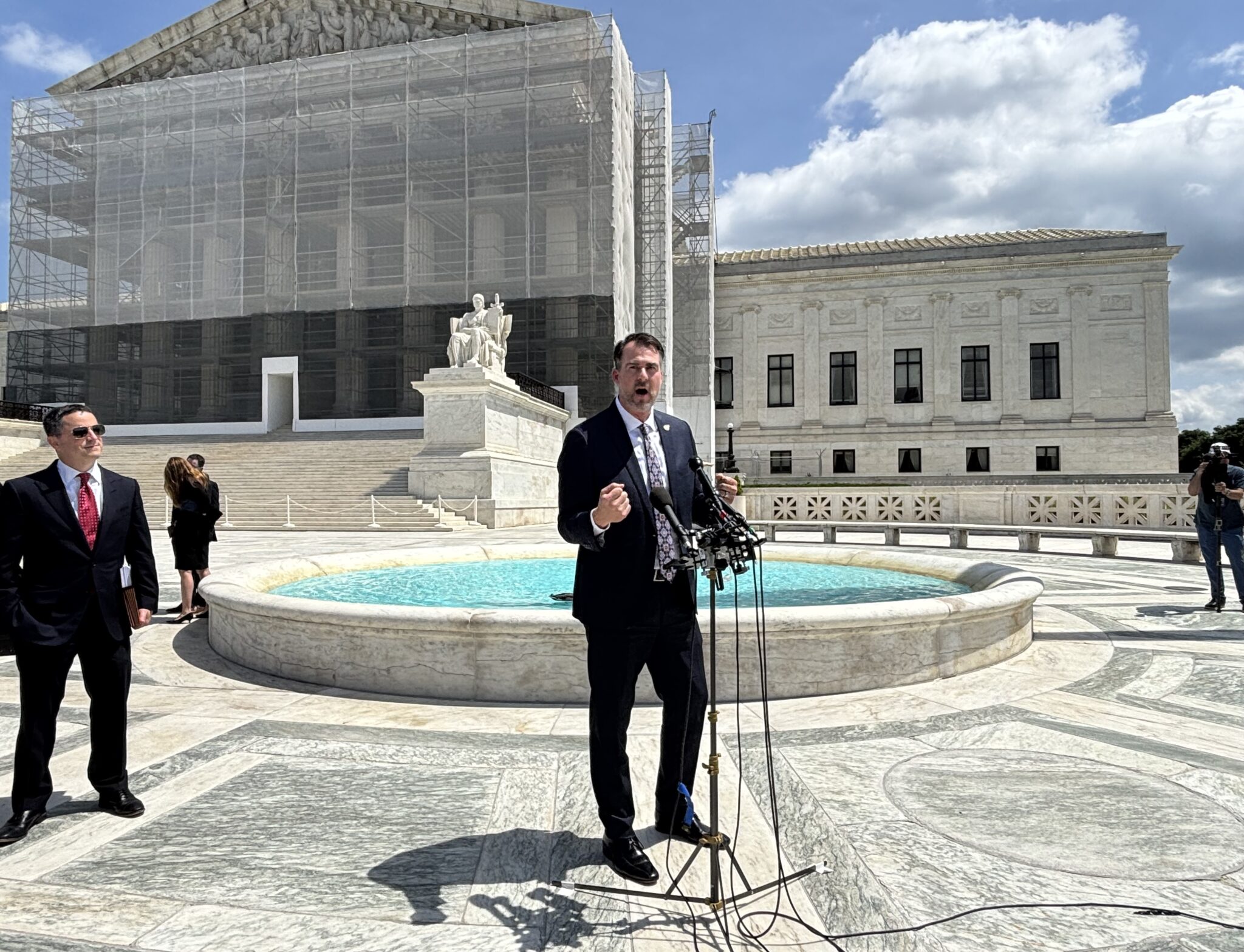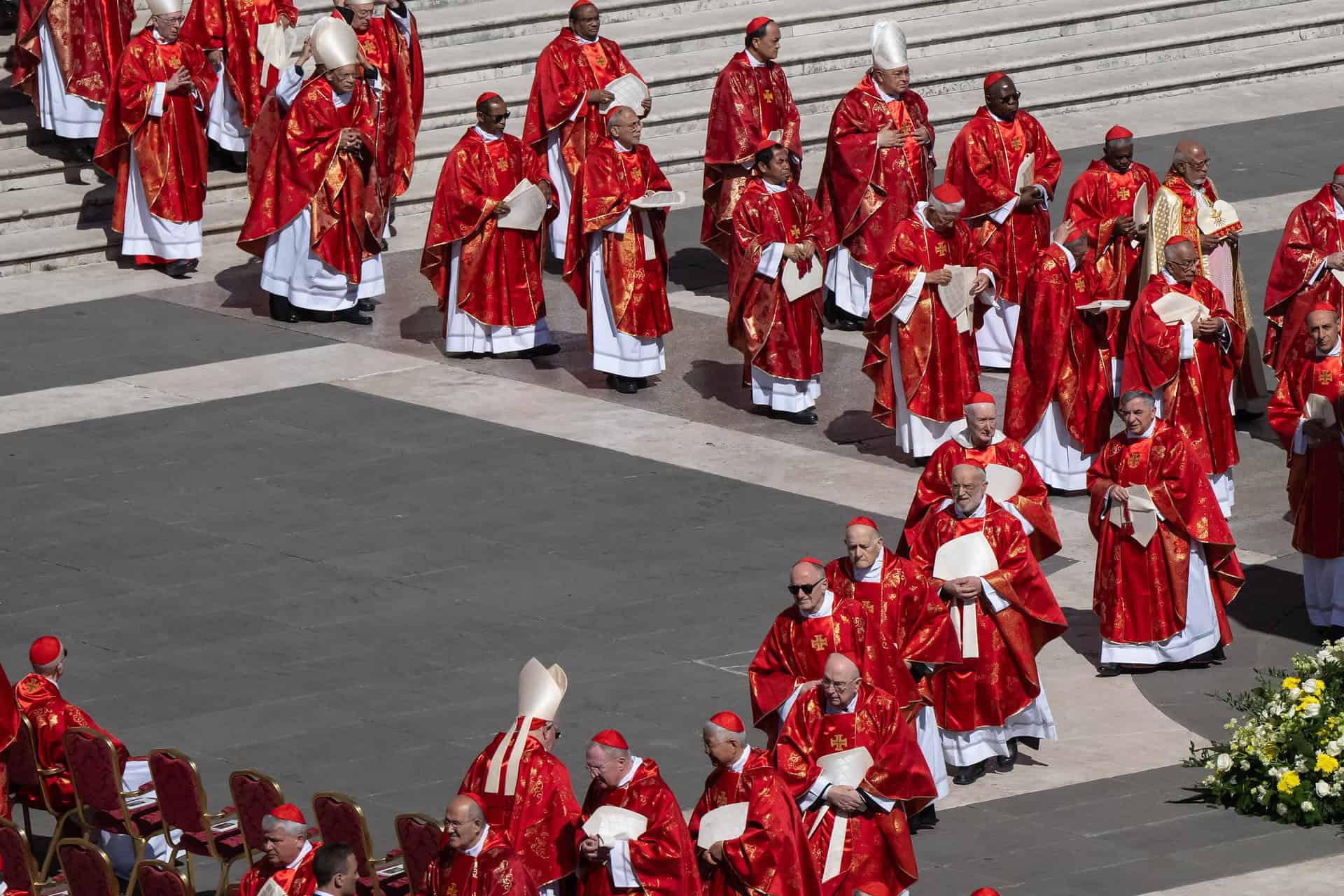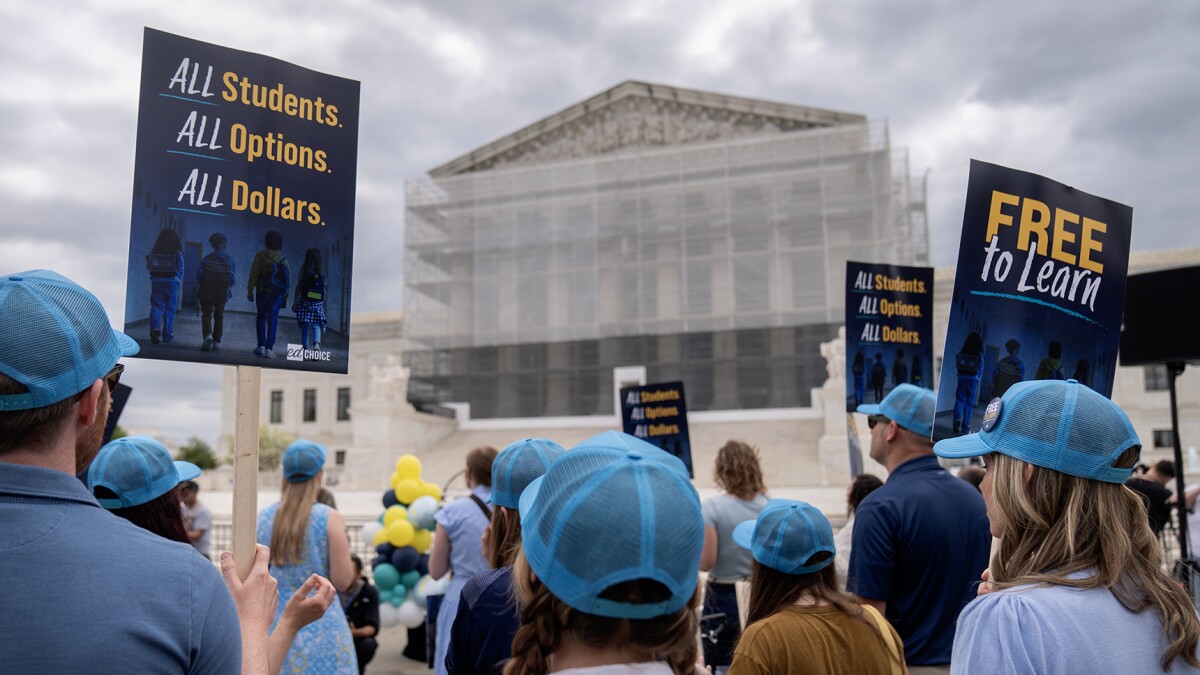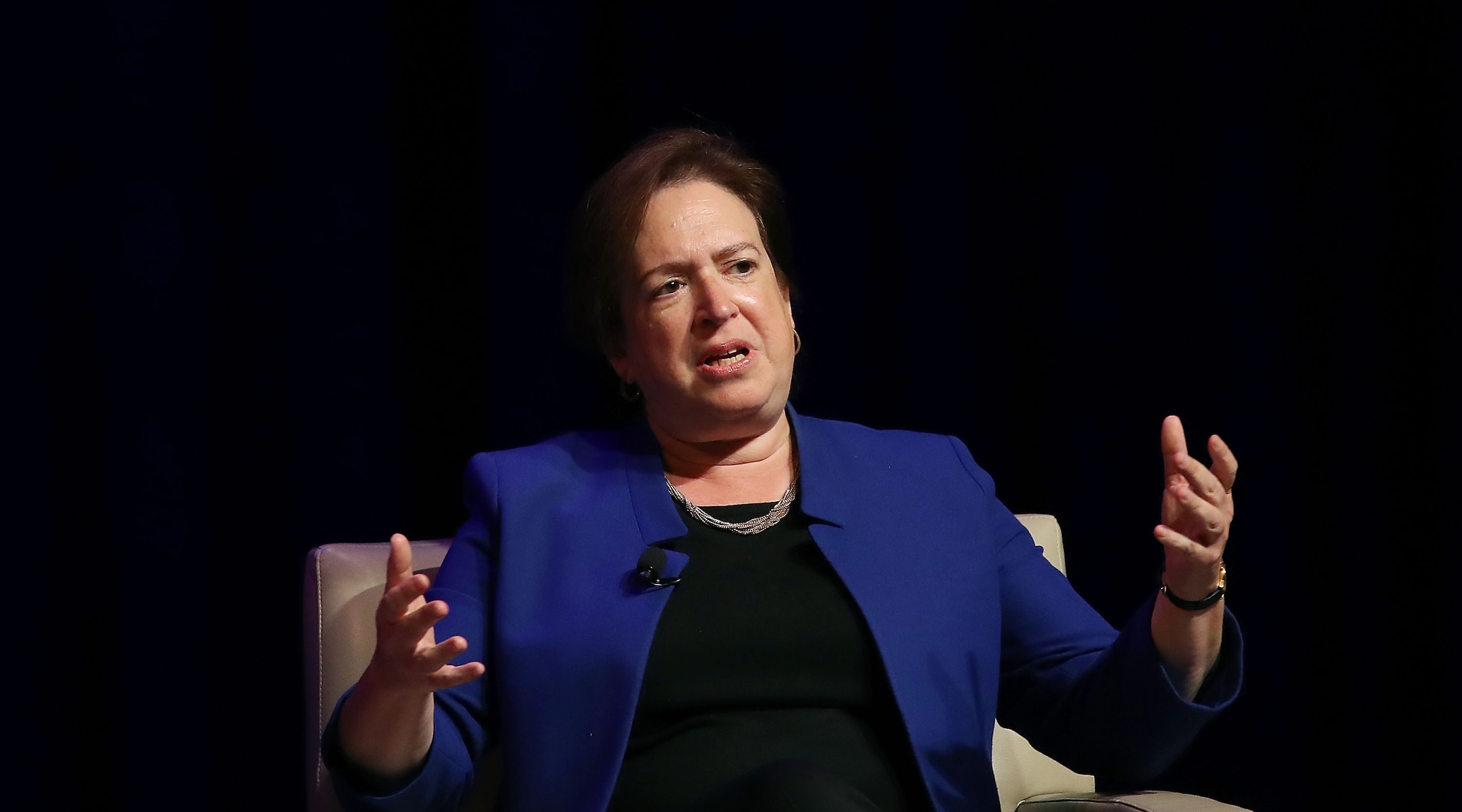
Faith, Funding, and the Classroom: Kagan's Supreme Court Showdown Over Religious Education
In a groundbreaking legal development, the U.S. Supreme Court seems poised to potentially greenlight an unprecedented educational initiative in Oklahoma: the country's first religiously-affiliated public charter school. This landmark case could dramatically reshape the landscape of public education and religious freedom in the United States. The case has drawn significant attention from legal experts and education advocates nationwide, as it challenges traditional boundaries between church and state. If approved, the proposed St. Isidore of Seville Catholic Virtual School would represent a radical departure from existing educational models, blending public funding with religious instruction. During recent Supreme Court arguments, justices appeared sympathetic to the school's argument that excluding religious institutions from public charter school programs constitutes discrimination. This signals a potential shift in how religious organizations might participate in publicly funded educational systems. The potential approval could have far-reaching implications, potentially opening doors for other religious groups to establish similar charter schools and fundamentally transforming the concept of public education in America. Legal observers are watching closely, recognizing that this decision could set a significant precedent for future church-state interactions in the educational sphere.

